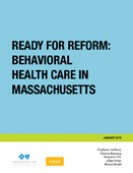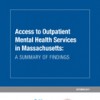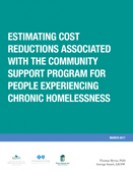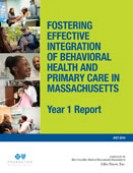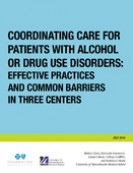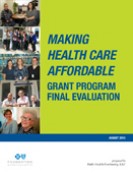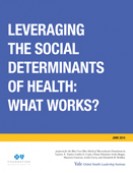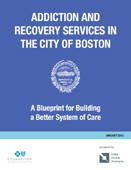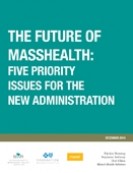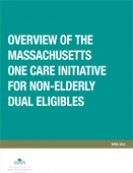Fostering Effective Integration of Behavioral Health and Primary Care in Massachusetts: An Evaluation
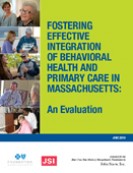
In January 2016, the Blue Cross Blue Shield of Massachusetts Foundation undertook a three-year grant-funded initiative to expand access to integrated behavioral health (IBH) and primary care services in Massachusetts – Fostering Effective Integration (FEI). Grants were awarded to a diverse cohort of eight providers in the Commonwealth with experience in delivering IBH care. This report describes the findings of an evaluation conducted by John Snow, Inc. (JSI) from January 2016 to December 2018. The evaluation results shed light on the impact of various models of IBH on access, outcomes, and cost depending on population and setting. Further, through the testing of innovative models of IBH care, the FEI evaluation describes several substantial lessons learned regarding:
- Linkages to primary care for patients with severe mental illness whose main point of contact with the health system is the behavioral health system;
- Strong engagement in IBH services and intensity of service use by adolescents;
- Improved access to behavioral health care for an older population; and
- Improved capacity to collect and use quality improvement data.

